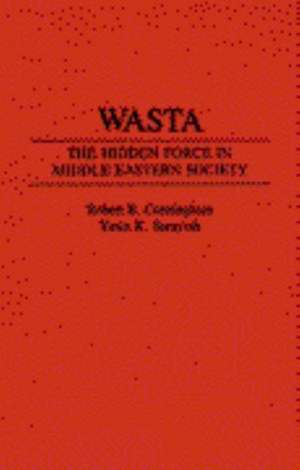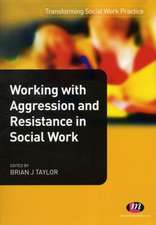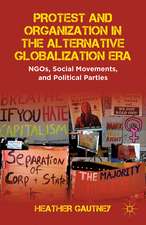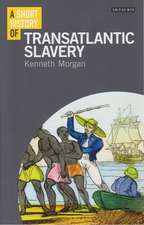Wasta: The Hidden Force in Middle Eastern Society
Autor Robert B. Cunningham, Yasin Sarayrahen Limba Engleză Hardback – 19 apr 1993 – vârsta până la 17 ani
Preț: 574.48 lei
Preț vechi: 824.34 lei
-30% Nou
Puncte Express: 862
Preț estimativ în valută:
109.94€ • 114.36$ • 90.76£
109.94€ • 114.36$ • 90.76£
Carte tipărită la comandă
Livrare economică 14-28 aprilie
Preluare comenzi: 021 569.72.76
Specificații
ISBN-13: 9780275944025
ISBN-10: 0275944026
Pagini: 224
Dimensiuni: 156 x 235 x 14 mm
Greutate: 0.49 kg
Editura: Bloomsbury Publishing
Colecția Praeger
Locul publicării:New York, United States
ISBN-10: 0275944026
Pagini: 224
Dimensiuni: 156 x 235 x 14 mm
Greutate: 0.49 kg
Editura: Bloomsbury Publishing
Colecția Praeger
Locul publicării:New York, United States
Notă biografică
ROBERT B. CUNNINGHAM is Associate Professor of Political Science at the University of Tennessee. He has written three other books, including The Bank and the Bureau (Praeger, 1988), on organizational development in the Middle East, as well as more than a dozen articles in academic and professional journals.YASIN K. SARAYRAH is Assistant Professor in the Department of Public Administration at Yarmouk University in Jordan. He has worked for eight years in the Jordanian government, given papers at several international conferences, and has designed and delivered management training programs in the Middle East and the United States.
Cuprins
IntroductionThe Practice of WastaLogic, Theory, and MethodTradition and TransitionFamilyThe Customs DepartmentA Transition StalledWasta in Jordanian SocietyPalestiniansChristians and CircassiansSeeking EmploymentWasta Pressures From the Close FamilyWasta in the UniversityFacultyStudentsWasta and Political TheoryArena TheoryVictimless WastaWasta And DevelopmentThe Bureaucratic SolutionThe Structural SolutionThe Privatization SolutionThe Cultural SolutionConclusionBibliographyIndex










